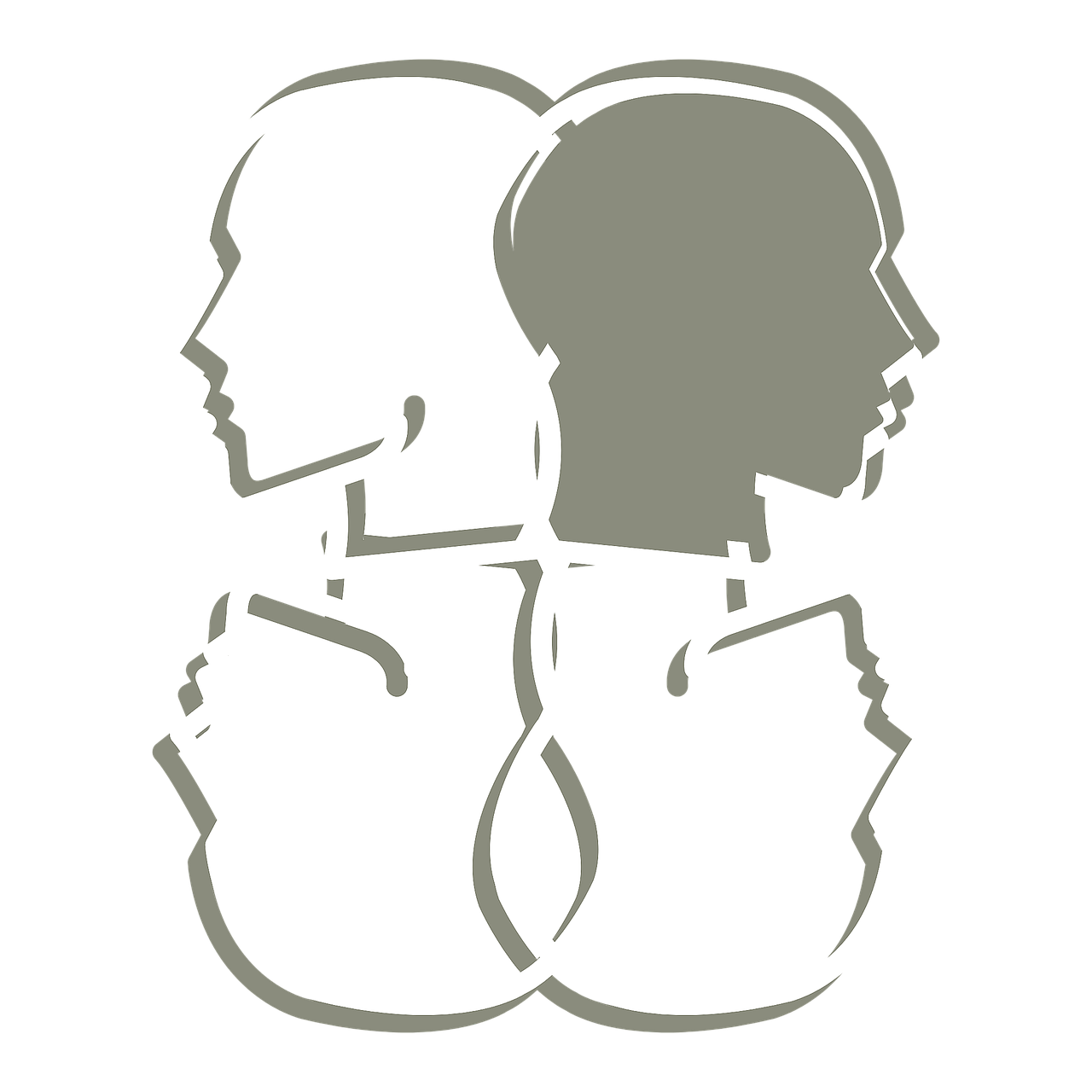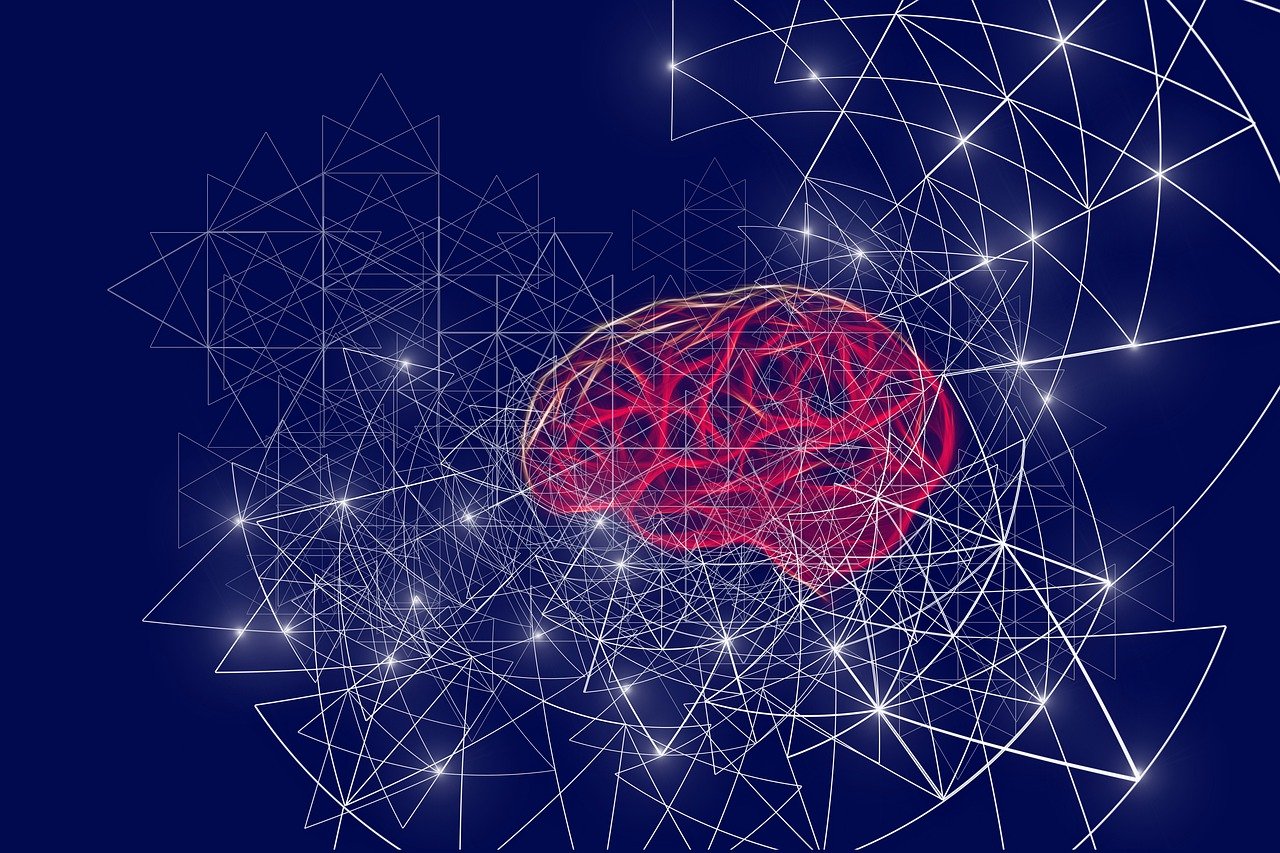Did you know that the activities babies and toddlers engage in can have a profound impact on their brain development? It’s true! In fact, research has shown that certain activities can help promote cognitive skills, language development, and problem-solving abilities in these early years. So, if you’re a parent or caregiver looking to give your little one the best start in life, it’s important to understand which activities are most beneficial. From interactive play to sensory exploration, this article will explore some of the top activities you can incorporate into your child’s daily routine to help promote their brain development.
Physical Activities
Tummy Time
Tummy time is a crucial activity for babies and toddlers as it helps them develop strong neck and upper body muscles. By placing your baby on their tummy for short periods of time each day, they will learn to lift their head, strengthen their neck, and develop their core muscles. Not only does tummy time promote physical development, but it also helps to prevent flat spots on the back of the head and encourages exploration and interaction with the environment.
Crawling and Creeping Games
Crawling and creeping games are excellent ways to promote gross motor skills in babies and toddlers. Encourage your little one to crawl or creep by creating fun and safe obstacles for them to navigate through. You can set up tunnels made from soft cushions or encourage them to crawl over pillows or under chairs. These activities not only strengthen their muscles but also enhance their coordination and spatial awareness.
Walking and Balancing Exercises
Once your baby starts to take their first steps, it’s important to provide opportunities for walking and balancing exercises. Holding their hands and slowly guiding them to walk forward or even using push toys can help improve their balance, coordination, and leg strength. As they progress, you can introduce toys that require them to walk on uneven surfaces or balance on one foot, like stepping stones or balance boards.
Gross Motor Skills Toys
Gross motor skills toys play a crucial role in promoting physical development in babies and toddlers. These toys are designed to engage their large muscle groups and improve coordination, balance, and strength. Some examples of gross motor skills toys include ride-on toys such as tricycles or balance bikes, mini basketball hoops to encourage throwing and catching, or even large foam blocks for jumping and climbing. These toys not only provide fun and entertainment but also support healthy physical development.
Sensory Play
Exploration with Textures
Sensory play is essential for babies and toddlers as it engages their senses and stimulates brain development. Exploring various textures is a fantastic way to enhance their sensory experiences. Fill a container or sensory bin with different materials such as rice, sand, water beads, or fluffy cotton balls. Encourage your little one to touch, feel, and explore these textures using their hands or even their feet. This activity helps them develop their tactile senses and improves their fine motor skills.
Water and Sand Play
Water and sand play are classic sensory activities that provide endless opportunities for learning and development. Fill a shallow basin with water and offer your child various containers, cups, and toys to pour and splash with. This activity promotes hand-eye coordination, cause and effect understanding, and enhances their sense of touch. Similarly, playing with sand allows children to engage in imaginative play, develop fine motor skills by building sandcastles or pouring sand from one container to another, and even learn about different textures and weights.
Messy Play
Messy play is not only fun and exciting for babies and toddlers but also promotes sensory development and creativity. Spread out a large plastic sheet or use a washable play mat to contain the mess. Offer your child materials such as edible finger paints, shaving cream, or even cooked spaghetti for them to explore and manipulate. Messy play activities encourage sensory integration, problem-solving, and enhance hand-eye coordination. Just make sure to have a designated clean-up area afterwards!
Sensory Bins
Sensory bins are a great way to incorporate various sensory experiences into one activity. Fill a large plastic container with materials such as colored rice, dried beans, or even shredded paper. Add in small toys or objects that encourage exploration, such as plastic animals or scoops. Allow your child to dig, pour, and search for objects, stimulating their senses and encouraging imaginative play. Sensory bins are not only entertaining but also support fine motor skills development and cognitive growth.

Musical Activities
Singing and Dancing
Singing and dancing are excellent activities to promote brain development in babies and toddlers. Singing songs and nursery rhymes not only expose little ones to language and vocabulary but also help them develop their memory and language skills. Dancing to music enhances coordination, rhythm, and body awareness. So, put on some catchy tunes and enjoy some quality bonding time with your child while promoting their cognitive and physical development.
Instrument Play
Introducing your little one to musical instruments is a fantastic way to encourage their curiosity, creativity, and fine motor skills. Offer age-appropriate instruments such as shakers, drums, or xylophones for them to explore and experiment with. Allow them to make their own music and encourage them to listen and mimic different sounds. This activity helps develop their auditory discrimination skills, hand-eye coordination, and cognitive abilities.
Rhythm and Beats
Engaging in rhythm and beats activities helps babies and toddlers develop an understanding of tempo, patterns, and beats. Clapping or tapping along to music enhances their ability to recognize and reproduce different rhythms. You can also introduce simple instruments like maracas or tambourines to further explore and create rhythmic patterns. Playing with rhythm and beats promotes listening skills, coordination, and overall brain development.
Music Appreciation
Exposing your child to a variety of music genres and styles encourages their music appreciation skills and broadens their auditory experiences. Play different types of music throughout the day and discuss the sounds and emotions they evoke. Encourage your child to express their preferences and feelings about the music they listen to. This activity nurtures their ability to perceive and interpret sounds, promotes creativity, and enhances their overall cognitive development.
Language Development
Reading Aloud
Reading aloud is a fundamental activity for promoting language development in babies and toddlers. Choose age-appropriate books with colorful illustrations and engaging stories. Read with enthusiasm, using different voices and sound effects to capture your child’s attention. This activity not only introduces them to new vocabulary and language patterns but also stimulates their imagination and listening skills. Make reading a daily routine and watch as their language abilities flourish.
Storytelling
Storytelling is a wonderful way to promote creativity and language skills in young children. Create imaginative stories by using their toys or simply narrate a tale from memory. Encourage their participation by asking questions and allowing them to contribute to the story. Storytelling enhances language comprehension, oral communication, and cognitive development as they follow along and engage with the narrative.
Nursery Rhymes
Nursery rhymes have been a staple in early childhood education for centuries, and for good reason. These catchy and repetitive rhymes help children develop their phonemic awareness and language skills. Singing nursery rhymes not only exposes them to the sounds and rhythms of language but also enhances their memory and cognitive abilities. So, gather your child and sing along to classics like “Twinkle, Twinkle Little Star” or “Old MacDonald Had a Farm.”
Speech Development Games
Engaging in speech development games encourages language skills and improves communication abilities in babies and toddlers. Play games that involve naming objects, imitating sounds or animal noises, or engaging in simple conversations. This activity promotes vocabulary growth, speech clarity, and social interaction. Encourage your child to express themselves verbally and provide positive reinforcement to boost their confidence in speaking.

Fine Motor Skills
Stacking Blocks
Stacking blocks is an excellent activity to promote fine motor skills in babies and toddlers. Offer blocks of different shapes, sizes, and colors for them to stack and build with. This activity enhances hand-eye coordination, grip strength, and spatial awareness. As they progress, encourage them to create towers or even simple structures, fostering their creativity and problem-solving abilities.
Puzzles
Puzzles are not only entertaining but also essential for the development of fine motor skills in young children. Start with simple puzzles with large pieces for babies and gradually progress to more complex ones with smaller pieces for toddlers. Puzzles enhance hand-eye coordination, spatial reasoning, and problem-solving skills. This activity also encourages patience, persistence, and concentration.
Shape Sorters
Shape sorters are fantastic toys for promoting fine motor skills and cognitive development in babies and toddlers. Provide your child with a shape sorter toy that has various shapes and corresponding slots. Encourage them to match the shapes with the correct slots, promoting hand-eye coordination and shape recognition. This activity develops their problem-solving abilities and boosts cognitive skills.
Scribbling and Coloring
Scribbling and coloring are simple yet effective activities to enhance fine motor skills and encourage creativity. Offer your child crayons or washable markers along with coloring books or blank paper. Encourage them to scribble, draw, and color freely. This activity promotes hand and finger control, hand-eye coordination, and imagination. Display their artwork proudly to boost their confidence in their creative abilities.
Problem Solving and Critical Thinking
Simple Puzzles
Engaging in simple puzzles is a wonderful way to foster problem-solving and critical thinking skills in babies and toddlers. Introduce puzzles with a few pieces that require manipulation and coordination to solve. By figuring out how the pieces fit together, children develop logical thinking and spatial reasoning abilities. This activity also strengthens their hand-eye coordination and patience.
Shape Sorting Games
Shape sorting games provide the perfect opportunity for babies and toddlers to exercise their problem-solving skills. Offer toys or games that require them to sort shapes into corresponding holes or slots. Encourage them to identify shapes, match them, and fit them correctly. This activity enhances their cognitive abilities, spatial awareness, and hand-eye coordination.
Building Sets
Building sets such as blocks or interlocking bricks promote problem-solving and critical thinking in young children. These sets allow them to experiment with different configurations and structures, encouraging creativity and logical thinking. Building with blocks also improves hand-eye coordination, spatial recognition, and fine motor skills. So let your child’s imagination soar as they create their own buildings, towers, and bridges.
Problem Solving Toys
Problem solving toys, such as puzzles with multiple steps or toys that require assembly, provide great opportunities for babies and toddlers to exercise their critical thinking skills. These toys challenge them to figure out solutions and overcome obstacles, promoting problem-solving abilities and perseverance. Providing toys that offer varying levels of difficulty helps develop their problem-solving skills at their own pace.

Outdoor Play
Nature Exploration
Outdoor play contributes significantly to the overall development of babies and toddlers, and nature exploration is an excellent way to engage their senses and curiosity. Take your child on nature walks or visits to local parks, gardens, or even your backyard. Encourage them to touch leaves, smell flowers, and explore different textures. This activity stimulates their senses, enhances observation skills, and promotes a love for nature.
Playgrounds
Playgrounds are fantastic spaces for babies and toddlers to engage in physical activities and socialization. Encourage them to climb, slide, swing, and play on age-appropriate equipment. Playground play promotes gross motor development, coordination, social interaction, and imaginative play. It also provides a great opportunity for them to learn and practice essential social skills such as sharing, taking turns, and playing cooperatively.
Ball Games
Engaging in ball games outdoors helps develop gross motor skills, hand-eye coordination, and social skills in babies and toddlers. Start with soft balls and gradually progress to smaller or bouncier ones as they grow. Play games such as catch, rolling the ball back and forth, or kicking a ball into a goal. This activity promotes physical fitness, coordination, and teamwork.
Obstacle Courses
Creating simple obstacle courses in your backyard or local park helps babies and toddlers develop their gross motor skills, balance, and coordination. Set up cones or use natural elements like tree stumps or logs for them to crawl under, balance on, or jump over. This activity enhances their problem-solving abilities, spatial awareness, and physical fitness. Obstacle courses also provide an opportunity for them to challenge themselves and build confidence.
Socialization Activities
Playdates
Playdates are valuable opportunities for babies and toddlers to interact with their peers and develop crucial social skills. Arrange playdates with other children of similar age and encourage them to engage in parallel play, sharing toys, and taking turns. Playing with others promotes social interaction, empathy, and cooperation. It also exposes them to different play styles and helps them understand the concept of friendship.
Group Activities
Engaging in group activities such as parent-child classes or playgroups allows babies and toddlers to interact with a larger group of children. These activities often involve group games, singing, or movement activities that encourage socialization and cooperation. Being a part of a group setting helps children develop essential social skills like sharing, listening, and following instructions. It also provides a chance for them to observe and learn from their peers.
Role-Playing Games
Role-playing games provide opportunities for babies and toddlers to explore various social roles and situations. Set up a pretend tea party, doctor’s office, or grocery store and encourage your child to take on different roles and interact with you or their toys. This activity enhances their communication skills, empathy, and imaginative play abilities. Role-playing games also give them a chance to understand different perspectives and practice problem-solving.
Sharing and Turn-Taking
Engaging in activities that emphasize sharing and turn-taking is crucial for social development in babies and toddlers. Encourage them to share toys, take turns during games, or participate in activities that require cooperation and group play. By learning these skills, children develop empathy, patience, and the ability to navigate social situations effectively. Providing praise and positive reinforcement when they share or take turns encourages their social growth.
Artistic Expression
Finger Painting
Finger painting is a mess-free and engaging activity that promotes artistic expression and fine motor skills. Offer washable finger paints and large sheets of paper or encourage them to paint on a washable mat. Let their creativity flow as they use their fingers or hands to create colorful masterpieces. Finger painting enhances hand-eye coordination, sensory exploration, and self-expression.
Play-Doh Sculpting
Sculpting with Play-Doh or other modeling clay is a fantastic way to foster creativity and fine motor skills in babies and toddlers. Provide them with different colors of Play-Doh and kid-friendly molds or tools. Encourage them to shape, mold, and create objects using their hands. This activity enhances hand strength, pincer grip, and stimulates their imagination and spatial awareness.
Drawing and Coloring
Drawing and coloring activities promote fine motor skills, creativity, and self-expression in young children. Offer crayons, markers, or colored pencils along with coloring books or blank paper. Encourage them to draw, color, and create their own artwork. Drawing and coloring enhance hand-eye coordination, wrist control, and provide a platform for them to express their emotions and ideas.
Craft Activities
Engaging in craft activities allows babies and toddlers to explore different materials and textures while promoting creativity and fine motor skills. Provide materials such as safe scissors, glue sticks, colorful papers, and craft supplies like pom-poms or googly eyes. Encourage them to create collages, cut shapes, or make simple crafts using their hands. Craft activities develop their imagination, hand dexterity, and cognitive skills.
Interactive Toys
Cause and Effect Toys
Cause and effect toys provide babies and toddlers with the opportunity to explore cause and effect relationships. These toys trigger a response when they are manipulated or pressed, stimulating their curiosity and understanding of cause and effect. Examples of cause and effect toys include toys with buttons that play music or light up, stackable toys that make sounds when knocked down, or toys that pop up when certain actions are taken. Playing with cause and effect toys enhances cognitive development, problem-solving skills, and understanding of the physical world.
Shape Sorters
As mentioned earlier, shape sorters are not only beneficial for fine motor skills but also provide interactive learning opportunities. These toys challenge babies and toddlers to match shapes and learn about object properties. They promote problem-solving abilities, spatial awareness, and cognitive development. Shape sorters with additional features such as lights or sounds provide extra sensory stimulation and engagement.
Stacking Rings
Stacking rings are classic toys that promote fine motor skills, hand-eye coordination, and problem-solving abilities. Babies and toddlers learn to stack rings of different sizes or colors onto a post. This activity enhances their understanding of size relationships, color recognition, and patience. Interactive stacking rings that make sounds or light up when stacked correctly provide additional sensory engagement and encourage logical thinking.
Interactive Books
Interactive books are excellent tools for promoting language development, cognitive skills, and imagination. These books often feature flaps to lift, textures to touch, or buttons to press. Encourage your child to explore the interactive elements while reading the story together. Interactive books enhance vocabulary, memory, and comprehension skills while providing a multisensory experience. These books also foster a love for reading and learning.
In conclusion, engaging babies and toddlers in a variety of activities promotes brain development and overall growth. Physical activities such as tummy time and crawling games help develop gross motor skills and coordination. Sensory play with textures, water, and sand enhances sensory experiences and fosters exploration. Musical activities like singing, dancing, and instrument play promote language, rhythm, and auditory development. Language development can be nurtured through reading aloud, storytelling, nursery rhymes, and speech development games. Fine motor skills are enhanced through stacking blocks, puzzles, shape sorters, and scribbling and coloring. Problem-solving and critical thinking abilities can be nurtured through puzzles, shape sorting games, building sets, and problem-solving toys. Outdoor play in nature, playgrounds, ball games, and obstacle courses promote physical activity, socialization, and coordination. Socialization activities such as playdates, group activities, role-playing games, and sharing and turn-taking games enhance social skills. Artistic expression can be encouraged through finger painting, Play-Doh sculpting, drawing and coloring, and craft activities. Lastly, interactive toys that stimulate cause and effect, shape recognition, stacking, and interactivity provide engaging learning experiences for babies and toddlers. By incorporating these activities into their daily routine, you can support their brain development and create a nurturing and stimulating environment for their overall growth and well-being.

